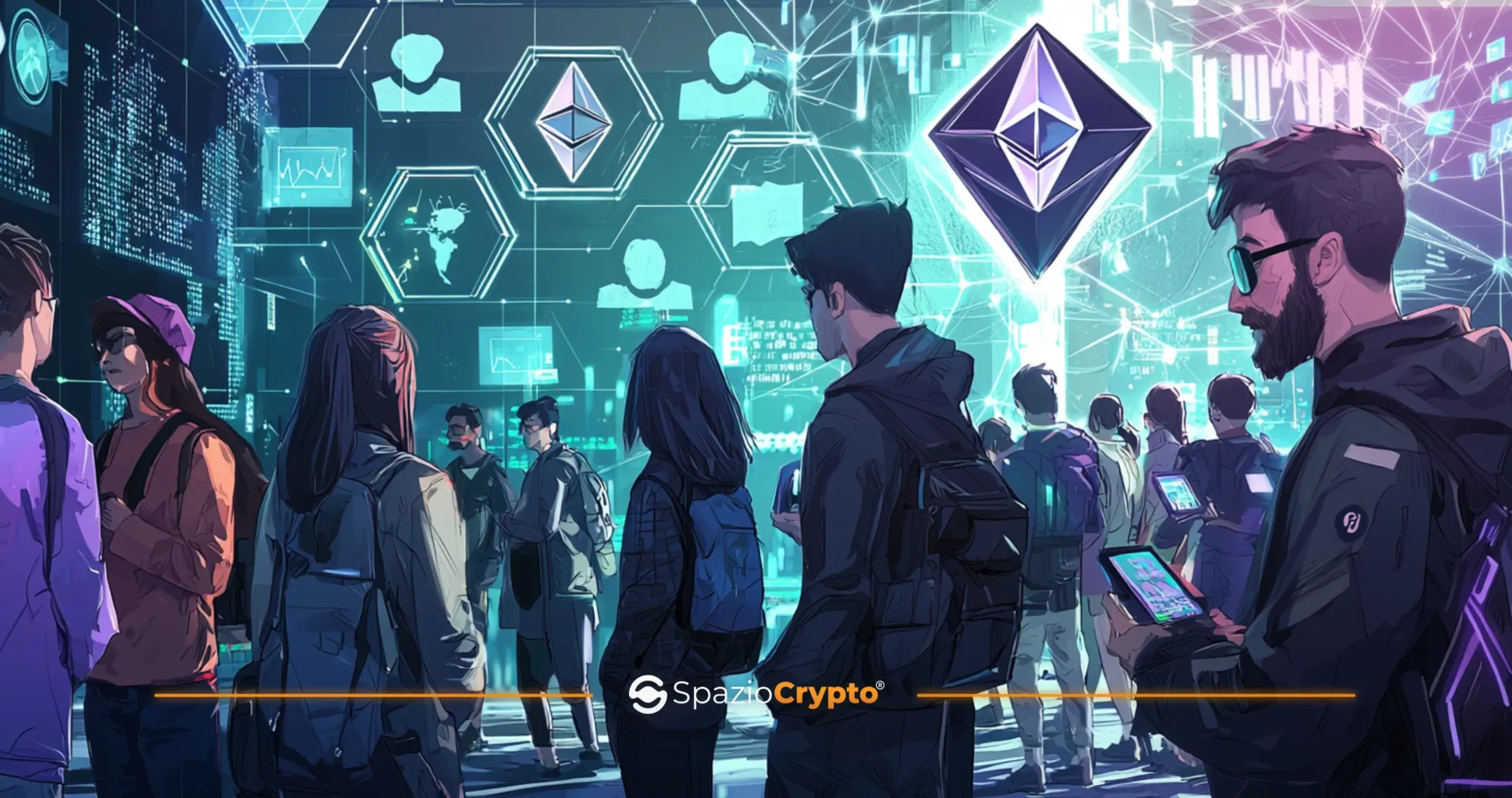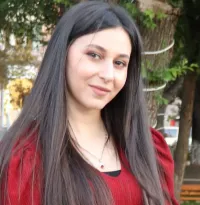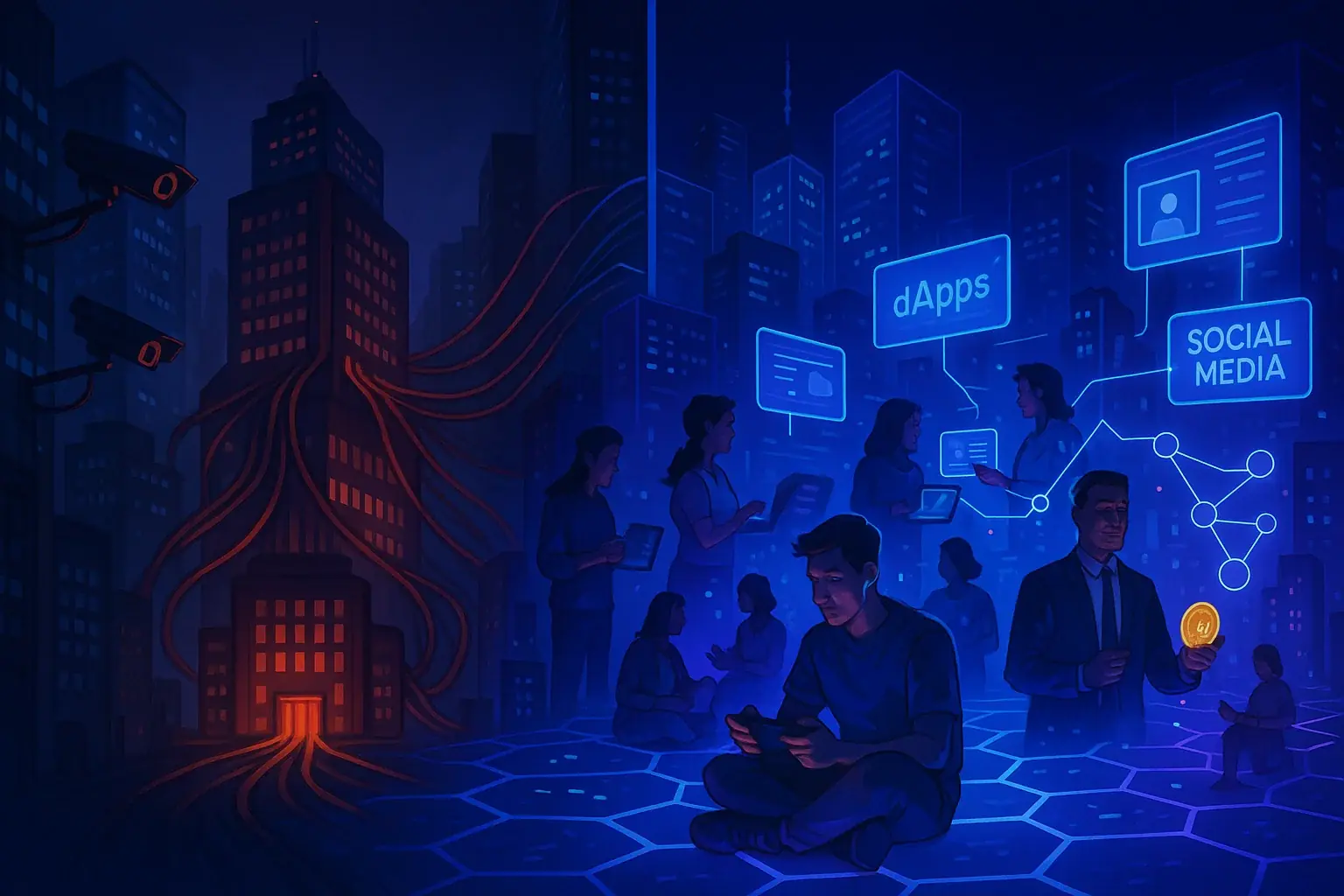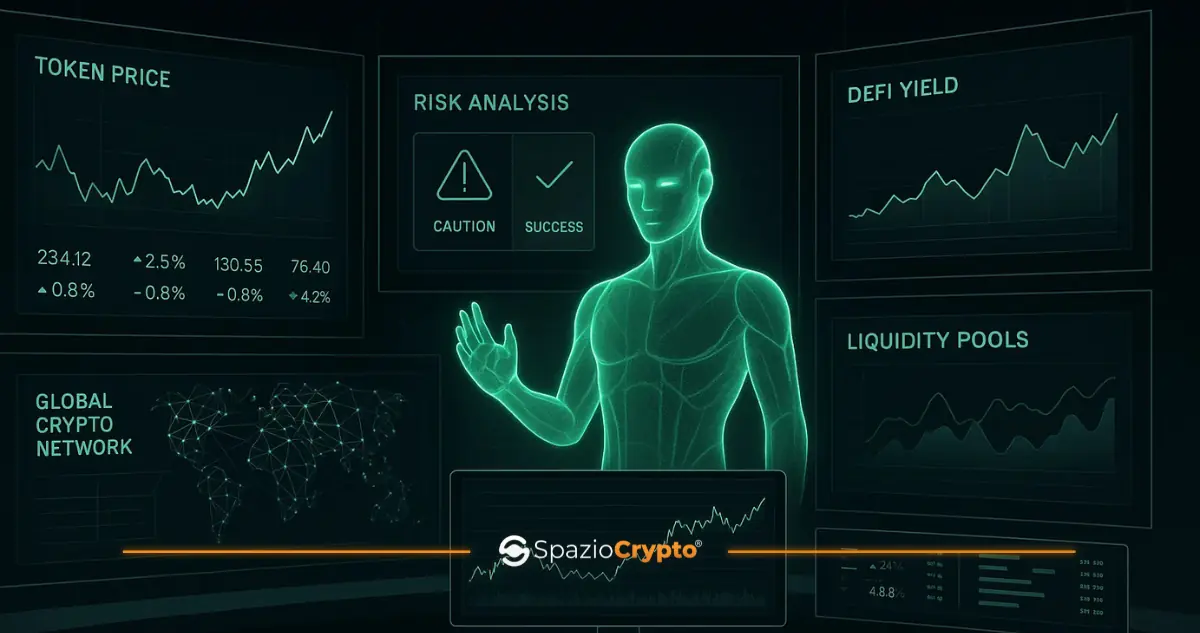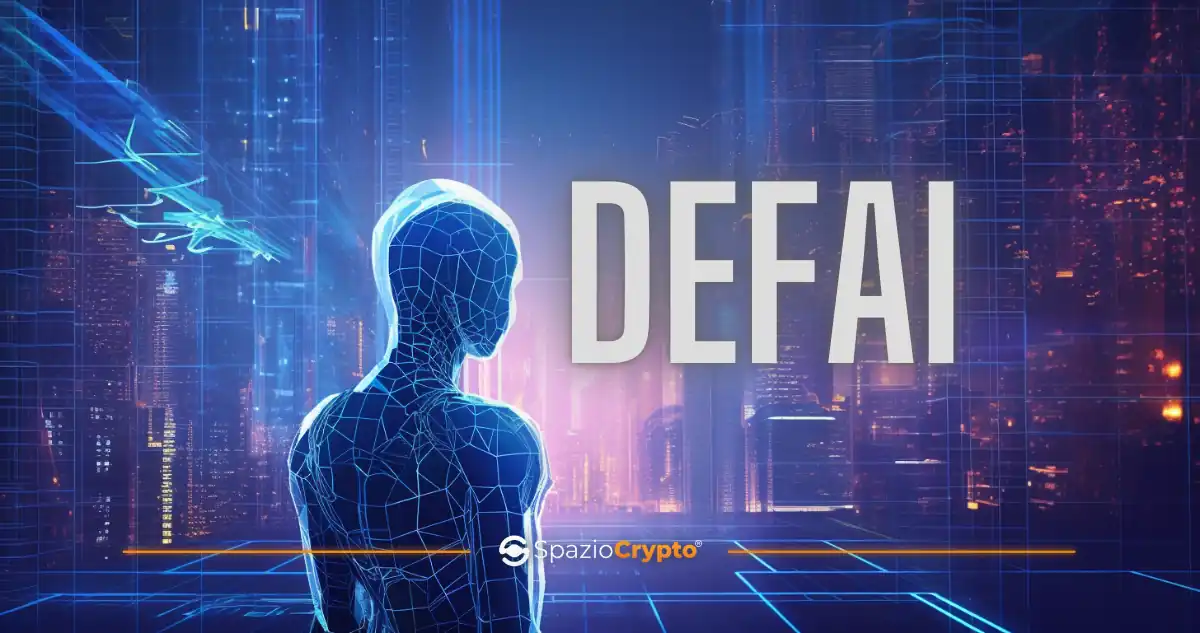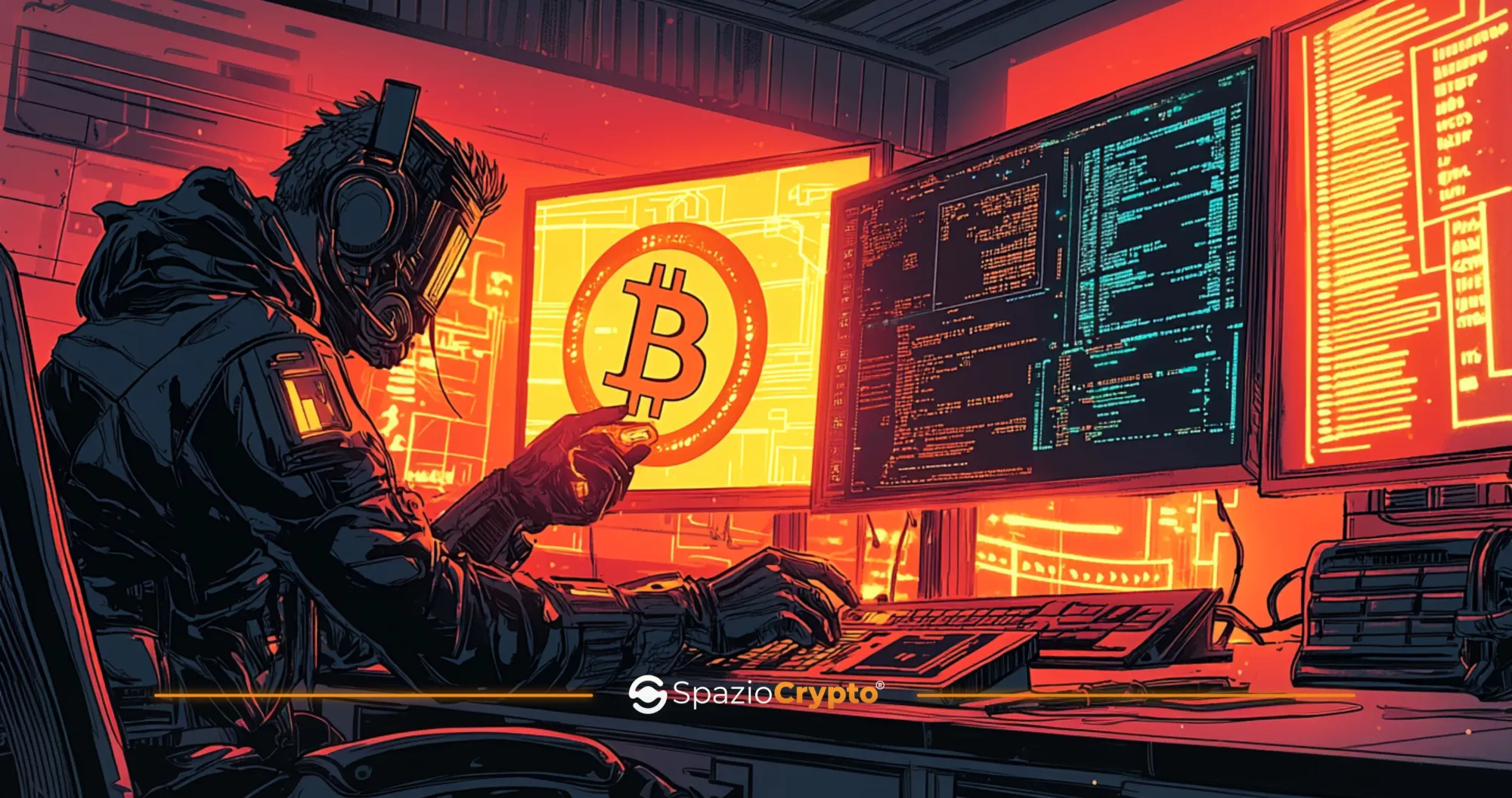Nowadays, if you want to keep in touch with a particular friend, you most likely need social media. Whether it is to read the news, talk to our loved ones or share news related to our lives, connecting via the Internet has become an important part of our daily lives. In this context, decentralised social networking, a relatively new phenomenon, has started to emerge and become increasingly popular.
But what is a decentralised social network? And will it ever be able to replace the traditional social networking we use today?
What is Decentralisation
Decentralised social media platforms, also known as DeSo, are set to revolutionise the social media industry, which has become an important part of the daily lives of more than 4.9 billion people worldwide. These platforms, which use blockchain technology, aim to solve the growing problems of privacy, data ownership and censorship that plague traditional social media platforms such as Facebook, Twitter and LinkedIn. Despite their widespread use, these traditional platforms have faced problems such as data leakage, questionable content moderation and concerns over user privacy.
Decentralised social media platforms offer a promising alternative, giving users control over their data and online experience. They use decentralised networks to provide a more secure environment with an enhanced user experience, as opposed to centralised servers where user data are more vulnerable. This innovative approach attracts users and stimulates discussions among technology giants.
How Does Decentralised Social Media Work?
Decentralised social networks have a special feature: they can co-exist with multiple decentralised networks. This means that people can choose which network to join. Users can create their own network, allowing people with similar interests or ideas to communicate.
These platforms use a governance system instead of relying on the opinions of a few people to make decisions. Users can vote to contribute to the development of the platform instead of submitting to what a central authority wants.
The blockchain restores trust in the privacy of social networks due to its transparent and cryptographic nature. Furthermore, blockchain-based social networks store data separately between several independent nodes. In this way, user data such as profile photos, information, messages and interactions are stored in a decentralised manner on the network.
Smart Contracts
Decentralised social networks work with smart contracts. The contract code serves as the backend for these social media platforms and characterises their business logic.
Consensus Mechanisms
A consensus mechanism, such as proof of stake (PoS) or proof of work (PoW), is used to verify transactions and ensure the trust and security of the network.
Token economy
The token economy component that enables the monetisation of a decentralised social network includes cryptocurrencies. It is often used to incentivise participants in social media and reward them with tokens for content creators.
Decentralised Applications (DApps)
Many social Web3 networks are available as Decentralised Applications (DApps) or support DApps on top of them, which offer additional services and functionalities such as payments, NFTs and more.
Secure User Authentication
Users of decentralised social networks, like users of most Web3 services, are identified and authenticated using a secure public key infrastructure.
Censorship Resistance Mechanisms
Users of a decentralised social media platform can create and share any content on the network without moderation. No centralised third party can censor their expressions or remove or edit their content.
The features described above work together to create a more secure, transparent and user-centric social networking experience.
Thereby, a decentralised social network brings an air of freshness to digital communication, where multiple networks can co-exist on one platform, all controlled by independent servers.
What does this mean for us, the users, and for social networks?
Enhanced Security
Decentralised social media platforms, unlike traditional ones, operate using multiple independent servers. You have probably heard of popular social media platforms that have come to a standstill due to server failures, and this is not uncommon.
Therefore, using multiple servers minimises the chances of the entire network going down due to technical failures. Furthermore, the possibility of DDoS attacks is greatly reduced when using such a distributed system.
More User Control
Another aspect that users lack when using social media platforms is control. A social network is developed by users and the development team may or may not meet their needs. Therefore, it makes sense for users to take control of the social networks they use.
What are Decentralised Social Media Platforms?
The way online communities communicate and exchange information has changed dramatically with the development of decentralised social media platforms. These platforms provide an online space where people can interact, exchange ideas and share their stories, just like their more traditional counterparts. Decentralised social networks, on the other hand, function independently of a central authority and are based on blockchain technology, in contrast to traditional networks. This configuration ensures that users' information and content is securely stored on a blockchain network powered by separate servers.
One of the unique features of decentralised social networks is that they do not require a connection to a real identity. In fact, users can create profiles using a cryptographic wallet, which increases privacy protection.
In addition, these platforms often integrate cryptocurrency tokens or non-fungible tokens (NFTs), which offer various utilities in the ecosystem. For example, some platforms use cryptocurrencies to reward content creators for their contribution to publications, while others use digital assets to verify account ownership or to form decentralised autonomous organisations (DAOs) that manage protocol governance.
Pro's and Cons of Decentralised Social Media
The next frontier of online engagement, decentralised social media platforms, present problems for the digital ecosystem and opportunities for user empowerment. Unlike traditional networks, they are governed by decentralised autonomous organisations (DAOs), which offer users substantial power and involvement in the development of the platform.
The Advantages of Decentralised Social Media
- Privacy and Security: These platforms offer greater privacy and security to users than traditional social media networks.
- Data Control: Users have exclusive control over their own data, in stark contrast to centralised platforms where data is often commodified.
- Monetisation opportunities: Decentralised social media opens up alternative monetisation avenues for content creators than traditional advertising and sponsored posts.
- Resistance to Censorship: These platforms uphold the principles of free speech, allowing users to freely publish content, with the right of removal resting solely with the author of the publication.
original.
The Challenges of Decentralised Social Networks
- Market Competition: Social media giants dominate the market, making it difficult for decentralised platforms to attract new users.
- Scalability and costs: High transaction fees, especially on networks like Ethereum, pose significant problems during periods of network congestion.
- Market volatility: Links to fluctuations in cryptocurrency markets can impact the economic stability and value of platforms.
The Most Popular Decentralised Social Networks
Here is the list of the main platforms:
Steemit
One of the very first decentralised social networks, released on the Steem blockchain in 2016. In Steemit, users receive rewards in STEEM tokens for activities performed on the platform. Coins on the platform are minted daily and added to a special community pool. At some point, they are transferred to users' accounts based on the number of votes their content receives.
Mastodon
A decentralised social networking platform that is described as an analogue of Twitter. Unlike its centralised 'friend', it is not a separate application but a network of thousands of servers. They play the role of several social networks that can exist in a single space called 'fediverse' (a decentralised association of social networks). Anyone can host their own Mastodon social network and link it to others, or they can simply join existing options such as Mastodon Social.
After Elon Musk's purchase of Twitter, half a million users switched to the decentralised Mastodon platform.
Minds
The decentralised social network is similar to the famous and influential social networking pioneer, but is positioned as an anti-Facebook. This platform has its own MINDS token. Users receive it as a reward for generating interesting posts, for contributing to the management of the social network and for other activities that benefit Minds.
Peepeth
This is an Ethereum-based social network alternative to Twitter that aims to provide a more secure, private and censorship-resistant social media platform.
Hive
Hive is a decentralized social network built on blockchain that aims to provide a more secure and transparent social media experience.
The Future of Decentralised Social Media
Traditional Web2 social media platforms suffer from fundamental problems such as censorship, lack of user privacy and demonetisation. Decentralisation is a possible solution.
Many of the major Web2 social networks are already looking for a way out, taking steps towards Web3 and decentralisation.
Twitter has introduced support for NFTs, allowing users to link their wallets and display NFTs as profile pictures. Meta is also experimenting with non-fungible tokens on Instagram. Blockchain-based social media platforms continue to introduce new features and methods for interacting with the technology and each other.
Despite several challenges, the future is likely to see continued growth and large-scale deployment of Web3 social media platforms as users seek greater control over their data and privacy and look for ways to monetise it on their own terms. Increased security, pseudonymity, resistance to censorship and freedom of expression are important reasons for the growing use of decentralised social networks.


